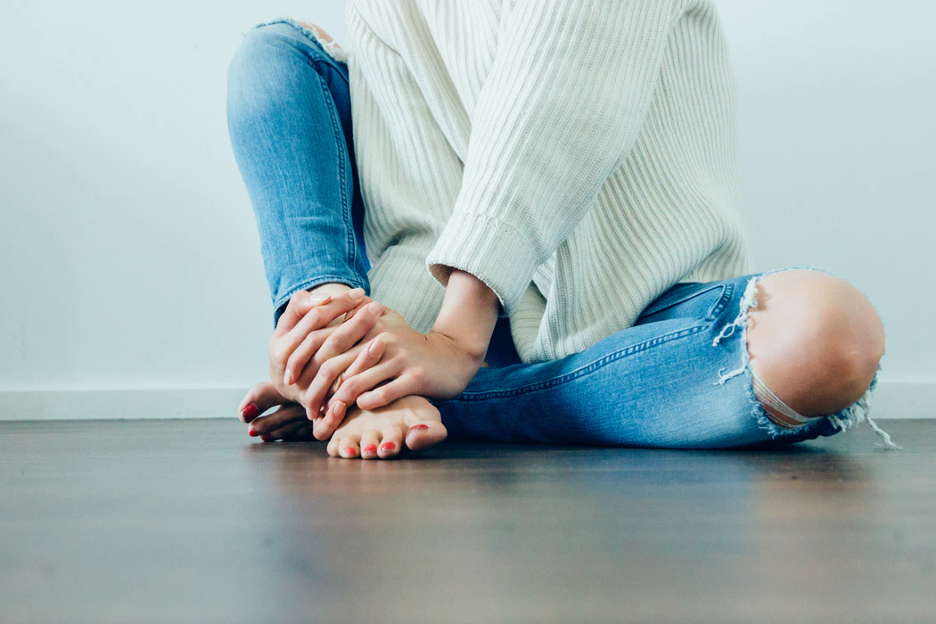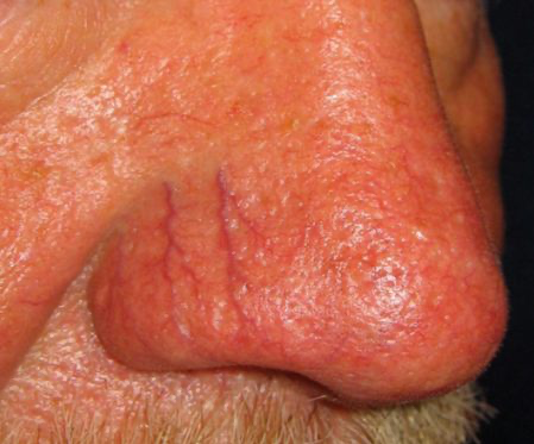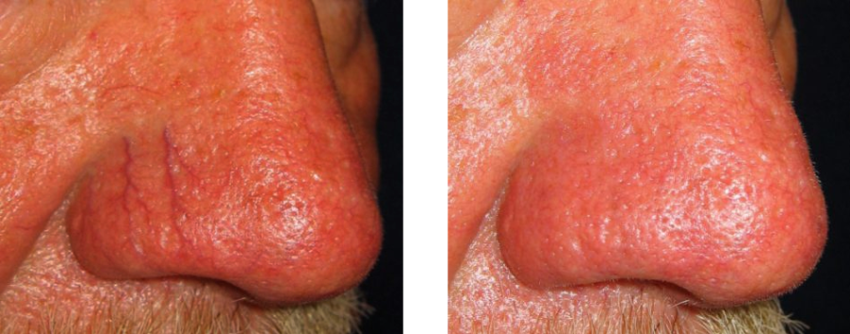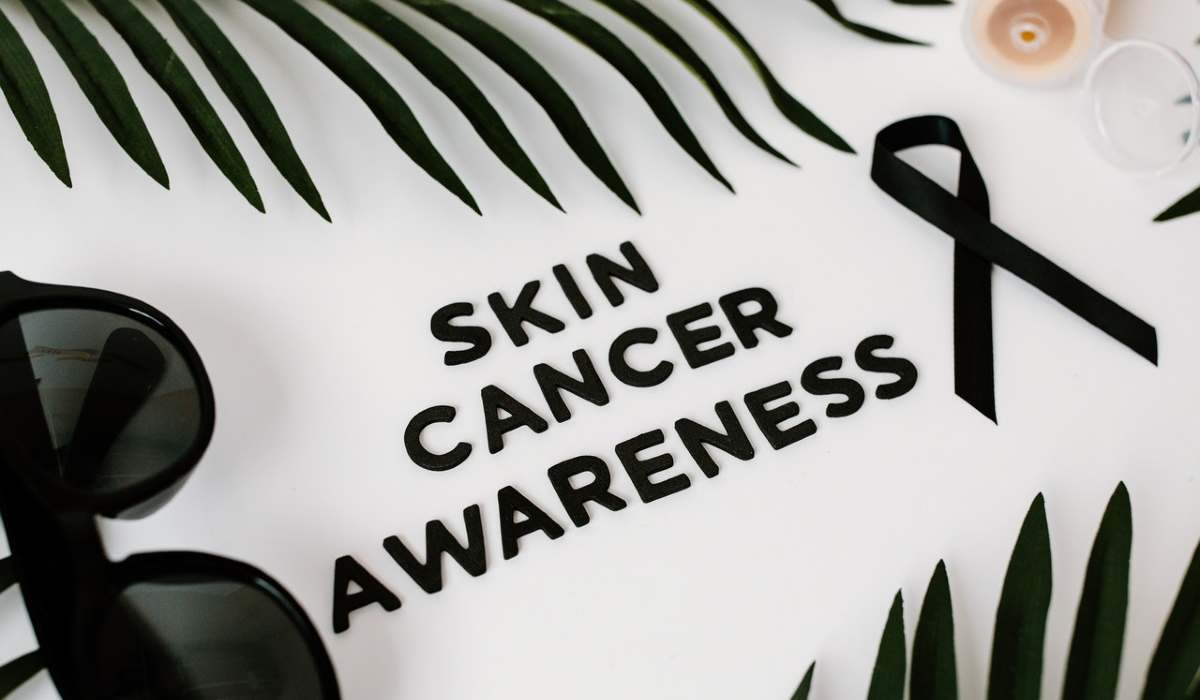Changes in our skin as we age are inevitable, including loss of moisture, changes in…

At-Home Thread Vein Treatment
Identifying Spider Veins, their myths and home remedies
After many years handling thread vein removal in Cambridge, our specialists have come across a great number of misconceptions, myths and at-home remedies for the ‘affectionately’ nicknamed ‘spider veins’.
Especially when the heat of summer draws near, thread veins tend to become as abundant as wasps at an otherwise glorious picnic, plaguing many sufferers with unsightly marks they would rather live without.
Sadly, there is no way to entirely stop thread veins from developing, but with this article, we hope to arm you with all you need to know to identify, prevent and treat those troublesome spider veins once and for all.
How do I spot a thread vein developing?
Though not dangerous, thread (or spider) veins can look quite intimidating, often leading people to a sense of false panic.
Thread veins are best described as appearing like a lightning tree sitting beneath the surface of the skin. They vary from patient to patient, from solitary branches to dense clusters of red and blue veins.
In theory, it’s possible for any vein to become a thread vein, however, they tend to gather in areas such as the nose, the eyes, legs, feet and ankles. Essentially, anywhere the skin is most delicate or subject to greater pressure from gravity.
It’s important to remember if you do spot spider veins developing that these tend to be aesthetic in nature only, and rarely a reason for real concern.
When are thread veins a cause for alarm?
Generally speaking, they’re not.
Spider veins tend to be tiny, under 1mm in diameter and (in the worst-case scenarios) cause a minor itch or tingling sensation.
Thread veins can, however, sometimes be mistaken for varicose veins. These can become three times the size of your average spider vein, appearing as thick tubes pushing against and raising the skin.
As long as your thread veins look like delicate strands and remain tiny, there’s nothing to worry about. If you think they’re developing into varicose veins though, it might be time to reach out to a specialist for advice.
What causes thread veins?
This can be tough to pinpoint, owing to a variety of potential reasons, however, these are some of the most common culprits:
- Genetic predisposition: if a family member has suffered, you might well too.
- Rosacea: this common condition causes the skin to become flushed and red due to enlarged veins, and can contribute to spider vein development.
- Injuries: while able to cause thread veins, these tend to heal along with any bruising caused by the injury.
- Diet: high quantities of caffeine, alcohol or spicy foods are regular offenders where frequent consumption can bring on lasting outbreaks.
- Lifestyle: minimal exercise, spending every day hunched over a laptop screen, being overweight, stress or a sedentary existence – these can all incite thread veins.
While these are the main causes of thread veins, this is far from a full list (which also includes pregnancy, environmental irritants, dynamic weather or pressure changes, long-term use of certain medication, and over-exposure to the sun).
Can they be prevented?
While it is certainly possible to prevent spider veins, there are never any guarantees.
You could avoid every possible catalyst we just mentioned and still find thread veins developing when you least expect it.
After decades of providing thread vein removal services in Cambridge, our best recommendation is to maintain two crucial concepts as follows:
- Stay active: focusing on your posture and improving your circulation is a powerful way to stave off spider veins. If you work at a computer all day, take regular breaks to keep your movement levels high.
- Eat healthily: a balanced diet is the key to a happier and healthier you all-round, don’t overlook it.
With the world on lockdown from COVID-19 at the time of writing this article, these edicts are more important than ever for the sudden abundance of at-home workers or those waiting and praying for the return to business as usual.
What at-home remedies are there for spider veins?
The internet is full of misinformation when it comes to thread vein removal, from deceptively advertised ‘miracle’ products containing the latest herbal cream to supplements or the gentle topical application of apple cider vinegar or witch hazel on the affected area.
Of course, there is no harm in trying these at-home remedies for spider veins yourself, however, these quick fixes do not have the best track record when it comes to removing thread veins (or even reducing them).
The best at-home remedy is following the prevention advice we have given, then seeking a specialist dermatologist for laser thread vein removal as soon as you’re able.
How do you remove thread veins for good?
Beyond a doubt, the most successful and proven method of thread vein removal is through laser treatment at a specialist laser clinic – unfortunately, as the NHS does not actively offer this treatment, many patients suffer needlessly without it.
Laser removal of thread veins is a non-invasive means of treatment where laser energy is used to target the dilated spider veins and cause them to overheat. In what is known as photothermolysis, the body’s natural healing can then take over, breaking down the spider veins and clearing the branching blemishes.
While it is possible for other veins near the original area to become thread veins, the originally affected vein will never re-surface again.
Laser treatment does not cause any damage to the surrounding skin, though some patients may experience minor bruising or swelling after their course of treatment – this typically fades within 72 hours.
Sadly, not everyone is suitable for this treatment. Those with Asian, African or Caribbean heritage, darker skin pigmentation or active tans (be they fake or from the sun) might not be ideal candidates.
Attending a consultation with a trusted expert is the best way for you to proceed if you’re interested in this treatment, and we encourage anyone seeking thread vein removal in Cambridge to contact us to book a free consultation the moment they’re able.





